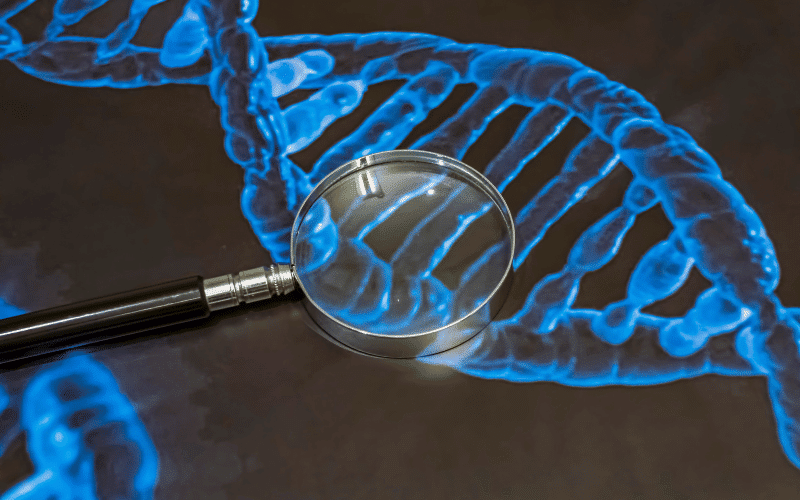Fact 9. The Role of Genetics in Paget’s Disease

The exact cause of Paget’s disease remains a mystery, but it’s clear that genetics play a role in the disease’s development. Research indicates that approximately 40% of individuals with Paget’s disease have a family history of the condition, suggesting a hereditary component.
Scientists have identified several genes that are associated with an increased risk of developing Paget’s disease. One of the most well-studied is the sequestosome 1 (SQSTM1) gene, which is responsible for encoding a protein involved in bone remodeling. Mutations in this gene have been found in a significant proportion of individuals with familial Paget’s disease and in some people with the sporadic form of the disease.
Another gene linked with Paget’s disease is the TNFRSF11A gene, which encodes the receptor activator of nuclear factor-kappa B (RANK). RANK plays a crucial role in the communication between osteoclasts and osteoblasts, which is essential for the normal process of bone remodeling. (9)